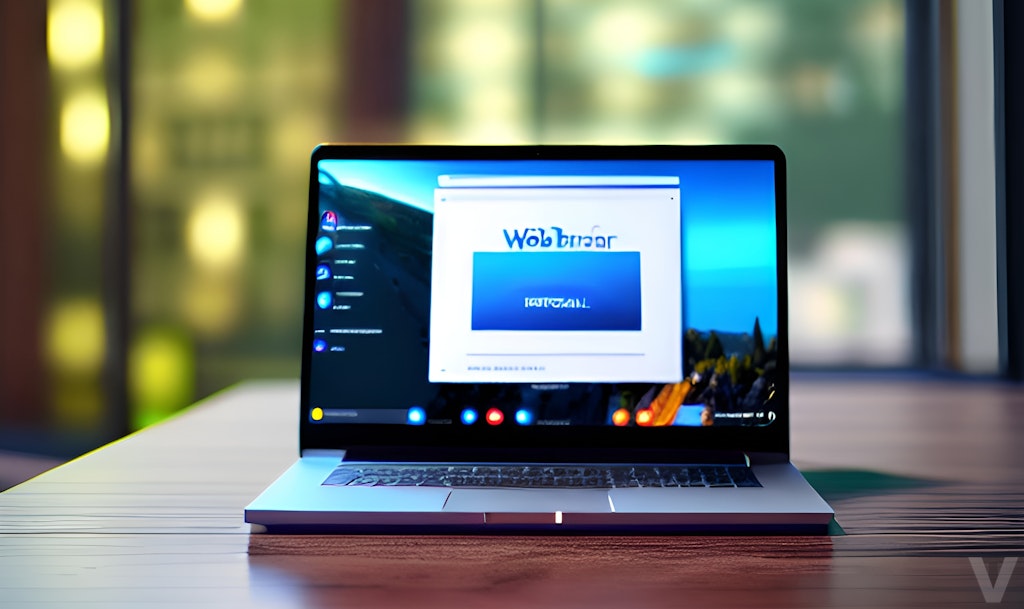|
Getting your Trinity Audio player ready... |

In the earlier days of the internet, businesses could get away with minimal cybersecurity. You protected your PC with a passcode and that was it. There weren’t many threats, so investing in cybersecurity was an unnecessary expense. Since then the internet has grown bigger than most people could’ve ever predicted. Every business is online, which means all your main threats are also online.
The demand for cybersecurity goes up every year – Statista notes that the average spend per worker is currently $25.72 (up from $9.13 in 2016 and predicted to rise to $44.41 by 2028). Businesses are investing in these services and for good reasons. A cyberattack can be devastating and cost more than just money – your reputation may go down the drain as well, making it hard to ever come back.
With that in mind, every small business owner must understand the layers of cybersecurity a modern business needs. It’s not as simple as slapping a password on your PC anymore; you must go deeper with your security requirements.

Physical Security
Despite talking about cybersecurity, the first layer of protection is physical. Implementing access control systems at work lets you control who comes in and out of your business. If you work from home, put locks on your doors or seal your devices in a safe.
Identity Security
This is where your passwords come in! Every device you use should be password protected – and it’s a good idea to update your passwords regularly. If you can further secure things with biometrics, such as Touch or Face ID on iPads/Apple Devices, then that’s even better. Again, it limits who has access to your things.
Data Backup & Security
Most cyber threats revolve around data. Hackers know that if they have control of your data, then the ball is truly in their court. They can release it to the public and ruin your plans or expose your customers. That’s why data security is one of your biggest priorities. Systems must be in place to prevent data breaches – but you also need cloud services for businesses to back your data up again and again. It means that, if a device is breached, you can simply wipe it before the data gets stolen and start again on a different device using your cloud backup.
Network Security
How do you stop people from accessing your data in the first place? If your physical security and identity security measures stop people from walking in and logging onto devices, how else will they try to attack?
It’s reported that malware is the most common cyberattack, and this normally involves getting dodgy software downloaded onto a device. So, network security measures are needed to prevent this. Implement firewalls or run anti-malware programs to detect outside threats and block them before they’re accidentally downloaded.
The more layers of cybersecurity you have, the more secure your business will be. Demands for protection will always be higher when your business is bigger, though small companies still need to understand the importance of a good cybersecurity setup. Don’t rely on passwords alone; add more layers to block as many threats as possible.


















